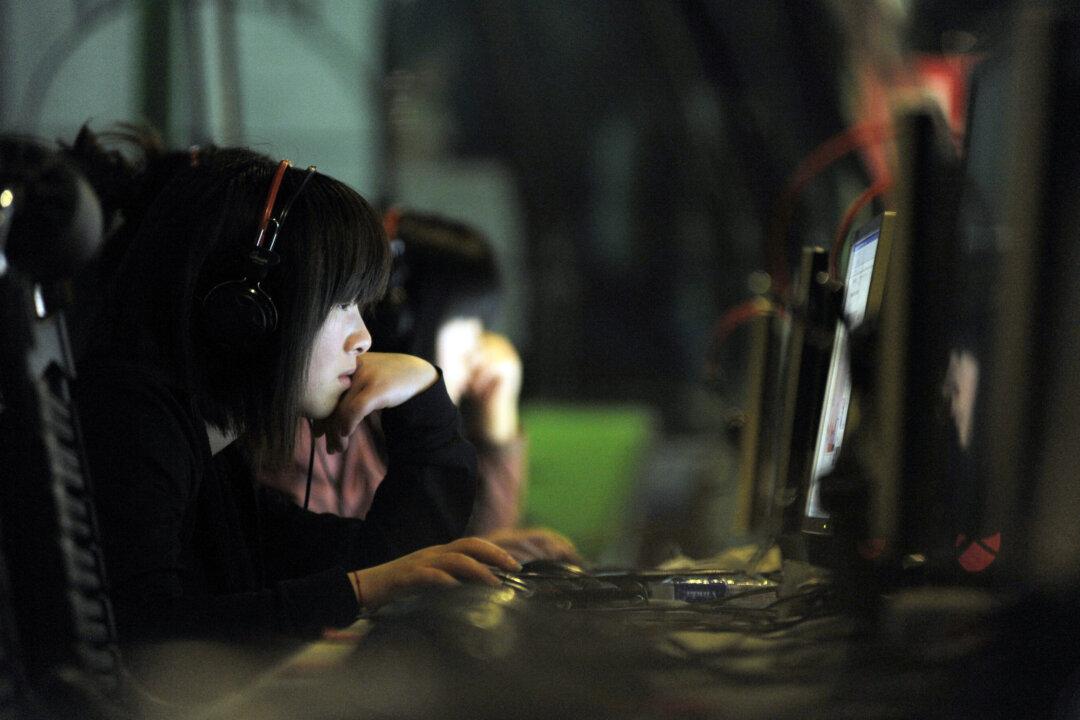Internet censorship in China is ubiquitous and well known, and for years the Chinese regime has provided different explanations for its bevy of restrictions. Traditionally, these have included the dangers of pornography, the threat of Western influences, the risks to social harmony.
But now the propaganda authorities have come out with a new one: Chinese Internet users just aren’t smart enough.
On Jan. 28, the Cyberspace Administration of China (CAC), the Party agency in charge of Internet control, ran a story saying that Chinese Internet users had a major problem in exercising their judgment. The article was titled: “Ability to Critically Comprehend is Insufficient—Netizens Fail to Make the Grade.” The story was based on surveys from 35,880 Internet users conducted by the by KdNet Data Research Center, an institute run by the state-run newspaper Southern Metropolis Daily.
The survey examined the abilities of Internet users in three categories: “critical comprehension,” “using new media,” and “communicating using new media.”
Respondents were scored from 0 to 5. According to the results, average scores fell in the 3s, though the outcome for “critical comprehension” was the lowest, with an average score of 3.42.
But the definition of “critical comprehension” is not the one you might expect. The term appears to refer to the ability to critically evaluate and judge information, evidence, and arguments—but in an explanation of what it meant, the official website explained that critical comprehension referred to “an understanding of the content of online media, and the operating regulations and rules of the overall online media industry.”





